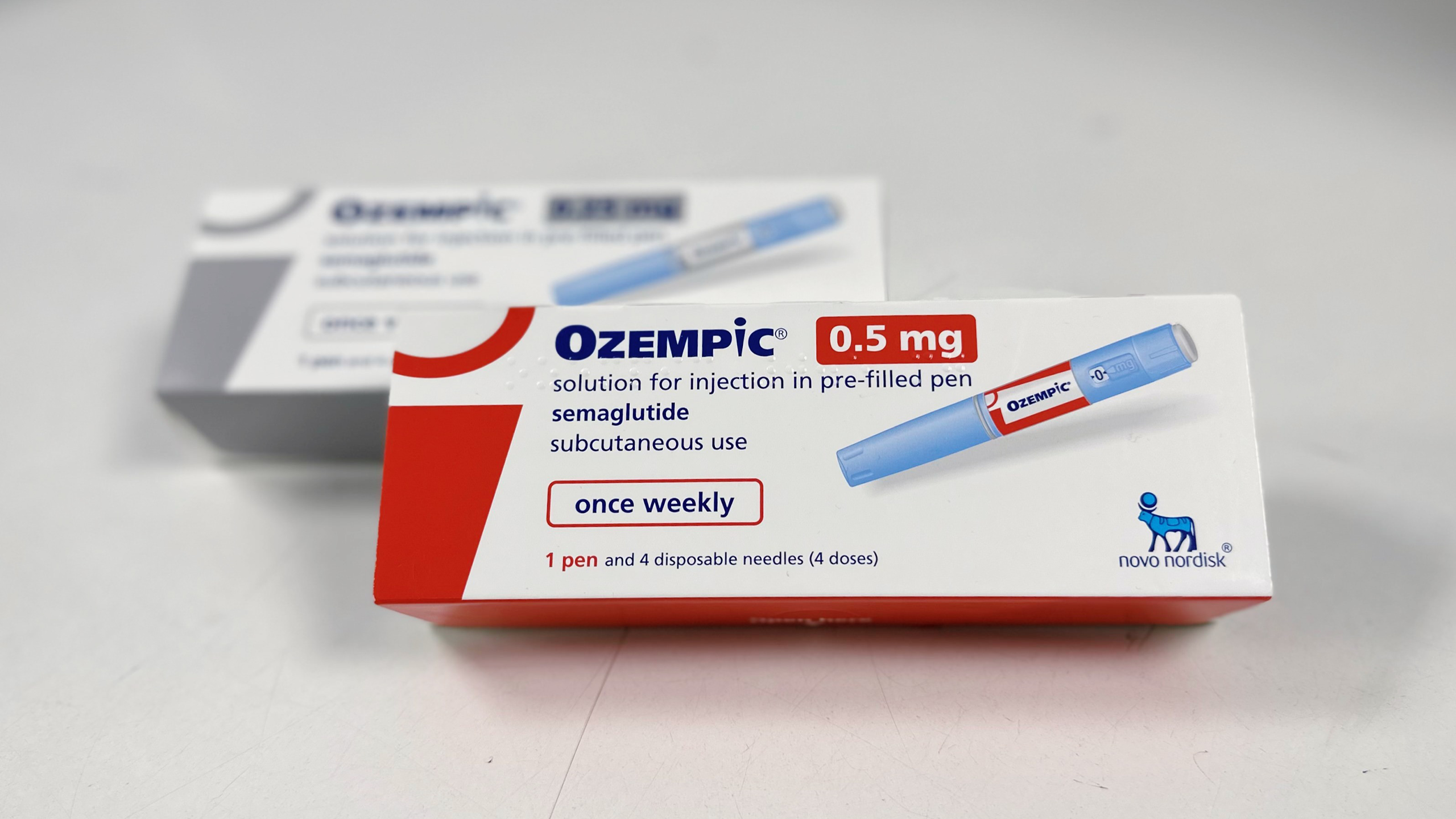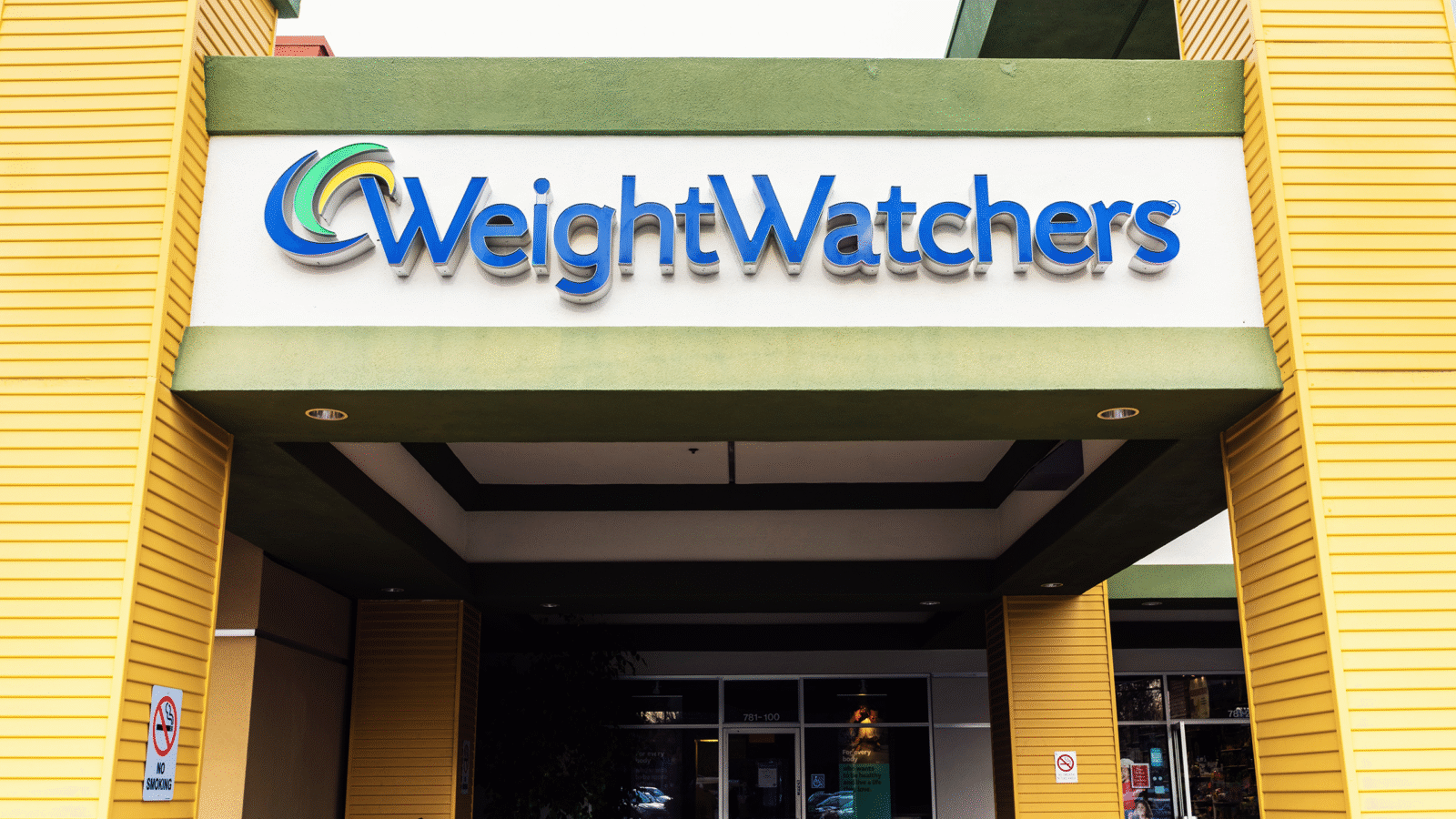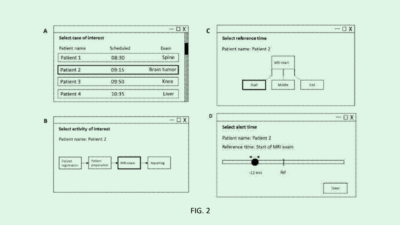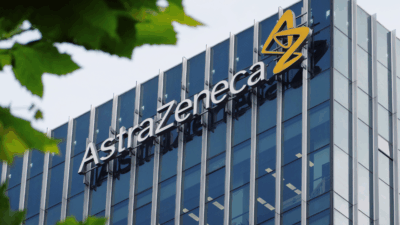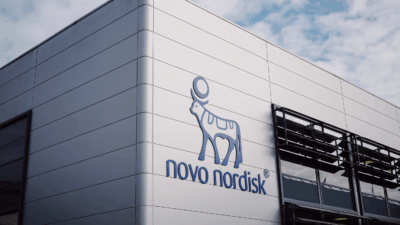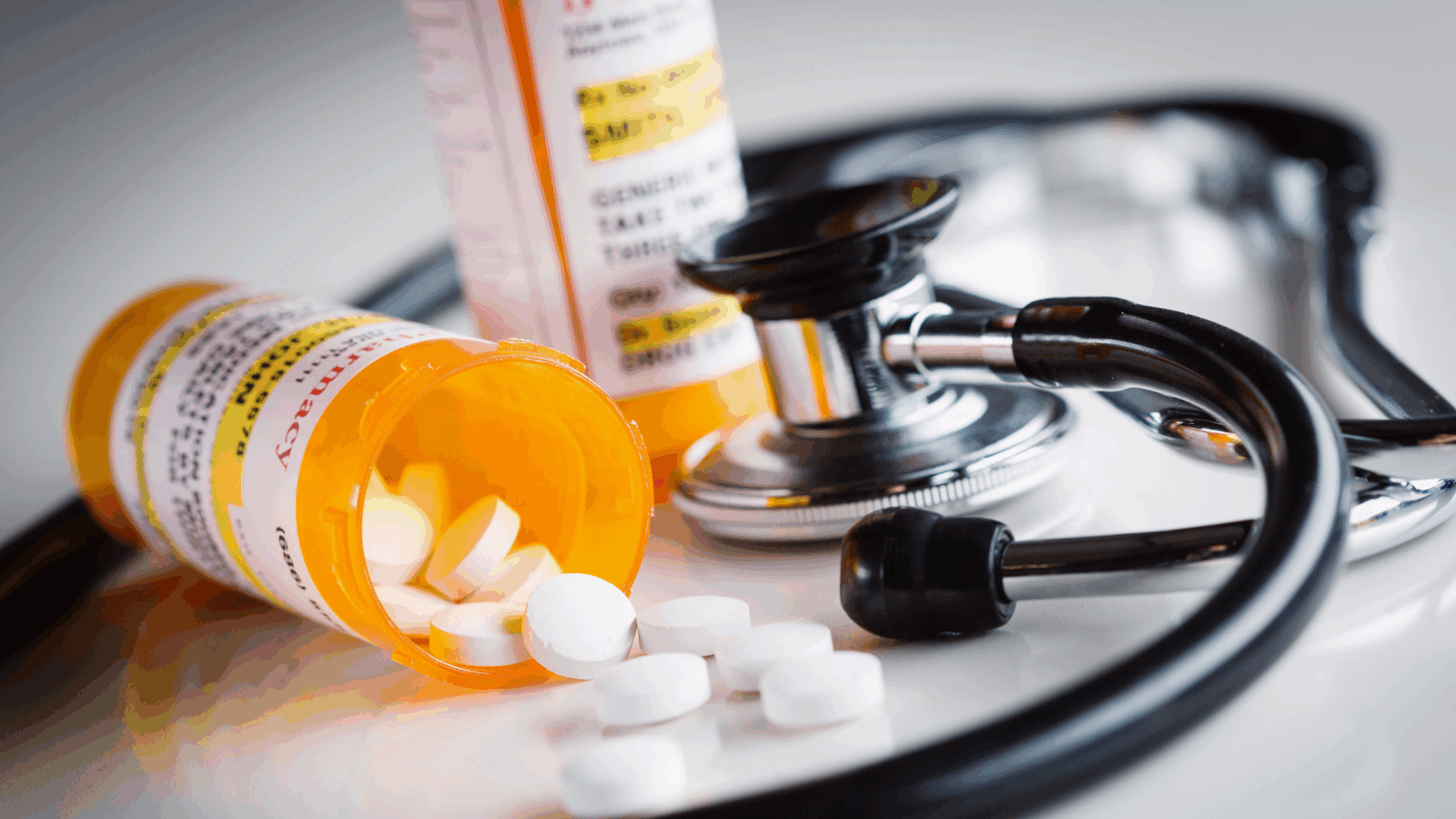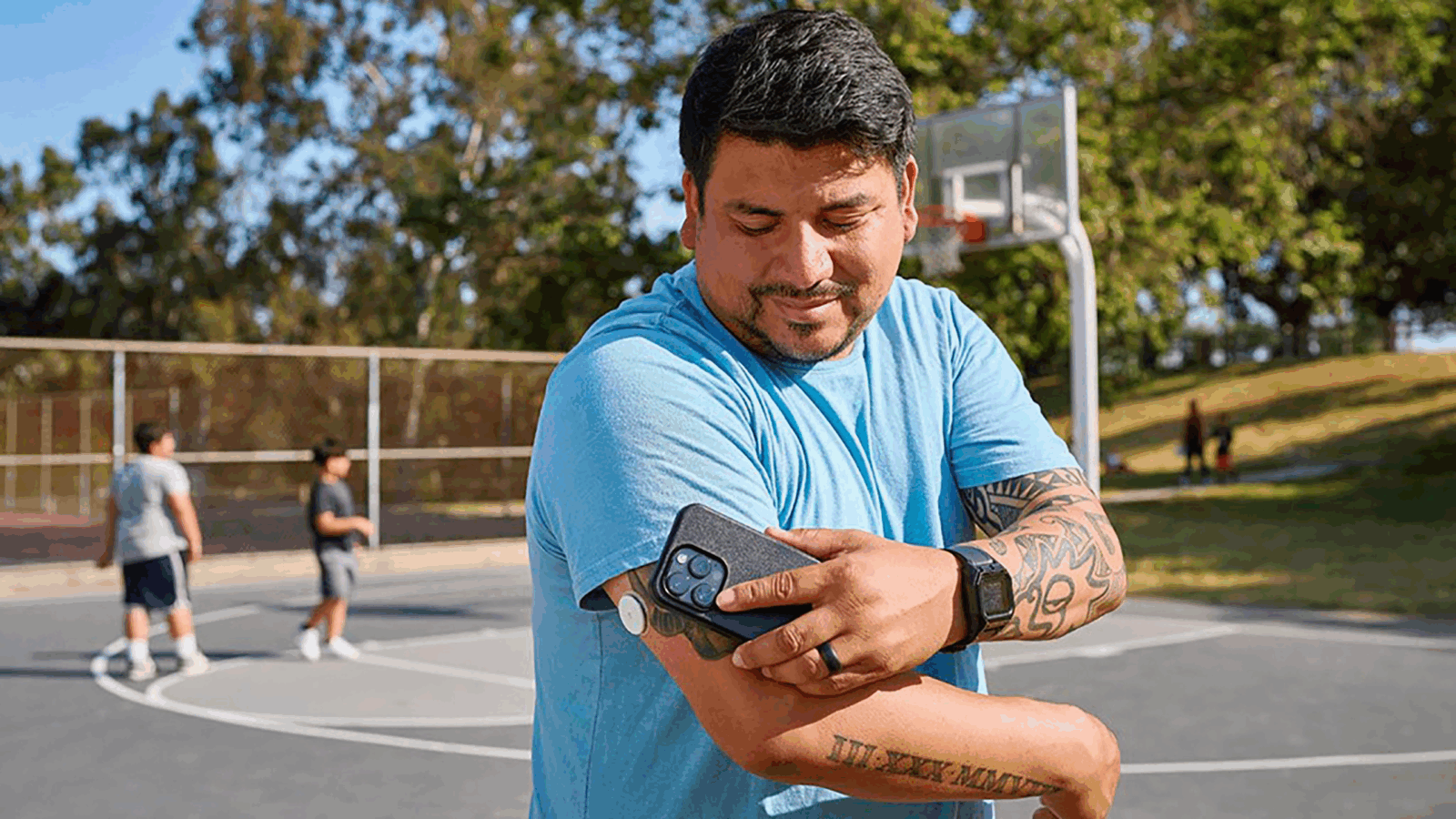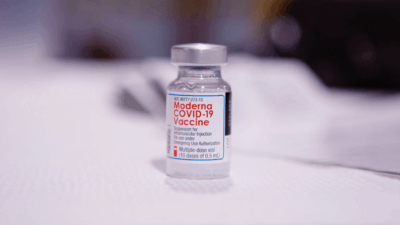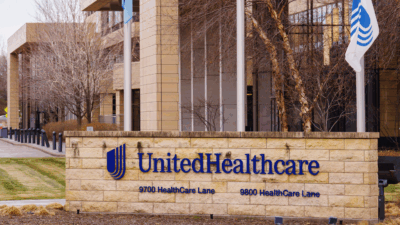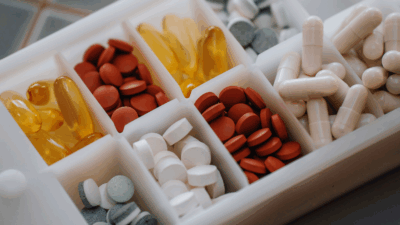2025 is the Year of the Weight Loss Pill
Traditionally, New Year’s resolutions to lose weight involve getting to the gym more. In a post-GLP-1 world, that’s looking less necessary.
Sign up for smart news, insights, and analysis on the biggest financial stories of the day.
Traditionally, New Year’s resolutions to lose weight involve getting to the gym more. In a post-GLP-1 world, that’s looking less and less necessary.
Last year, we saw two companies cement their positions as the kings of weight-loss drugs: Novo Nordisk and Eli Lilly. Both had to deal with some investor disappointment over the past year — apparently being one half of a duopoly controlling a wildly in-demand product just doesn’t cut it anymore — but they’re still in pole position to dominate the lucrative GLP-1 drug market. So the big question is: What’s next on the menu for obesity drug development?
A Spoonful of Sugar Helps the GLP-1 Go Down
Other pharmaceutical companies aren’t just sitting back and letting Novo Nordisk and Eli Lilly have all the fun: Pharma giants including Pfizer, Roche, and Merck are either developing their own drugs or licensing their way into the field. Smaller biotechs are also pursuing new research into obesity drugs — but drug development is a long, long, long-view industry, and Novo Nordisk and Eli Lilly probably don’t have to worry about serious competition for a few years yet. “We do expect more competition in the obesity field towards the end of the decade,” Eleni Tokali, drugs intelligence analyst at GlobalData, told The Daily Upside. That means that we can maybe expect to see some price drops in a few years as competitors enter the market, but don’t hold out for any discounts this year.
The next big innovation that companies including Novo Nordisk and Eli Lilly are chasing is a weight-loss drug that can be taken as a pill, rather than via an injection:
- Tokali said that 63 oral weight-loss drugs are in active development, with four in Phase III, the pivotal phase in clinical trials which, according to the US Food and Drug Administration, typically takes between one and four years.
- Companies are chasing first-mover advantage on oral GLP-1s, Tokali said, because it will help with patient adherence and marketing: Most people prefer popping a pill to jabbing themselves with a needle.
RFK Jr. Relief: When President-Elect Donald Trump named Robert F. Kennedy Jr. as his choice to head up the US Department of Health and Human Services, it sent a tremor through Big Pharma. Kennedy’s public views on pharmaceutical companies have been unflattering and his vaccine-skepticism was troubling to the industry. On the subject of GLP-1s in particular, RFK Jr. was pretty bearish, telling Fox News in October that Novo Nordisk was: “counting on selling it [Ozempic] to Americans because we are so stupid and addicted to drugs.” In December, however, he appeared to soften his stance, telling CNBC that GLP-1s “have a place” in healthcare — although he stressed “the first line of response should be lifestyle.”
